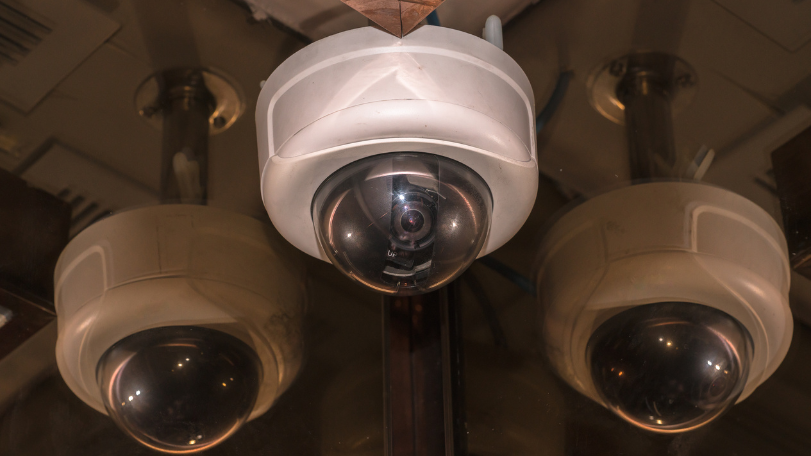Surveillance Systems: A Boon or a Bane to Society?

It is a standard practice for many companies and governments to install security cameras for video surveillance purposes. However, this has been the topic of heated discussions around the world for years now. While many do not mind being watched if it keeps them safe, others are deeply concerned about the potential harm that surveillance technology poses to society as a whole.
This should also be a cause for concern for us as business owners and residents in Singapore. After all, many agencies and organisations here also use these systems.
Let us weigh a few important pros and cons that modern camera solutions bring to the table so we can better understand how we can use them to protect our businesses ethically but effectively.
Advantages of Widespread Use of Video Surveillance
Enhances Community Safety
Even the mere presence of CCTVs is often enough to deter would-be criminals in businesses and neighbourhoods. Having cameras monitoring the area also allows for a faster response to incidents ranging from crimes and natural disasters to medical emergencies.
Reduces Security Costs
Cameras are often far more affordable in the long term than hiring more on-site security personnel to watch over large facilities.
Boosts Work Efficiency
Many companies in Singapore also use their surveillance systems to improve their operations. For instance, businesses in the manufacturing or construction industry can utilise recorded footage to investigate accidents and check their staff’s compliance with safety protocols.
Drawbacks of Our Usage of Security Cameras
Privacy Concerns
Many individuals can feel uncomfortable and stripped of their personal freedoms if they are constantly monitored. Furthermore, there is always the risk that an organisation will exploit their surveillance systems to gather highly sensitive personal data while using security as an excuse.
Biased Judgements
If your system runs the very real risk of developing biases if it always uses AI functions such as facial recognition and behavioural analytics instead of considering input from actual humans. It may falsely target specific demographics over others and lead to controversies and a loss of public trust.
Over-Reliance on Technology
If you rely too much on cameras to secure your business, you may soon find yourself complacent and vulnerable to illegal activities happening right under your nose — all because the surveillance tech failed to alert you.
How Can Businesses Strike the Balance?
There is nothing inherently wrong with having security cameras for video surveillance reasons. What matters is that we avoid abusing our power or becoming too dependent on these technologies. Here are a few reminders to keep yourself in check:
-
Always acquire the consent of your employees and customers — let them know that if they want to work for your company or enter your establishment, they will be monitored.
-
Be transparent about the purpose of your surveillance system and how you will handle the recorded data.
-
Invest in stringent cybersecurity measures to protect your cameras and data from unauthorised access.
-
Always conduct regular audits to determine if your organisation is using its security system properly or causing more issues instead.
-
It is still important to have a security team to address on-site concerns that AI or software alone cannot handle.
-
You should also consider bringing in an expert to make sure you can legally install security cameras for your video surveillance system. Some setups may require a government permit if another party’s property or if a public space will get covered in the CCTV footage.
Let Us Use Surveillance Tech in a Trustworthy Way
Security cameras are not inherently unethical. They can help keep us safe and improve how we do business. However, we should never ignore the risks they pose to society, so your organisation must take an ethical approach to maintain the public’s trust.
If it takes a professional to help you achieve that, do not hesitate to reach out to them. Let us make our security infrastructure an asset and not a liability.
- Industry
- Art
- Causes
- Crafts
- Dance
- Drinks
- Film
- Fitness
- Food
- Games
- Gardening
- Health
- Home
- Literature
- Music
- Networking
- Other
- Party
- Religion
- Shopping
- Sports
- Theater
- Wellness
- News


